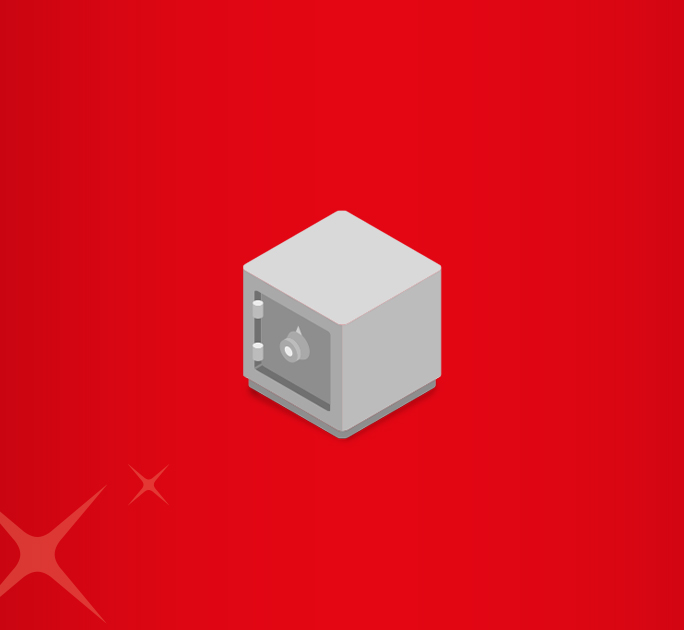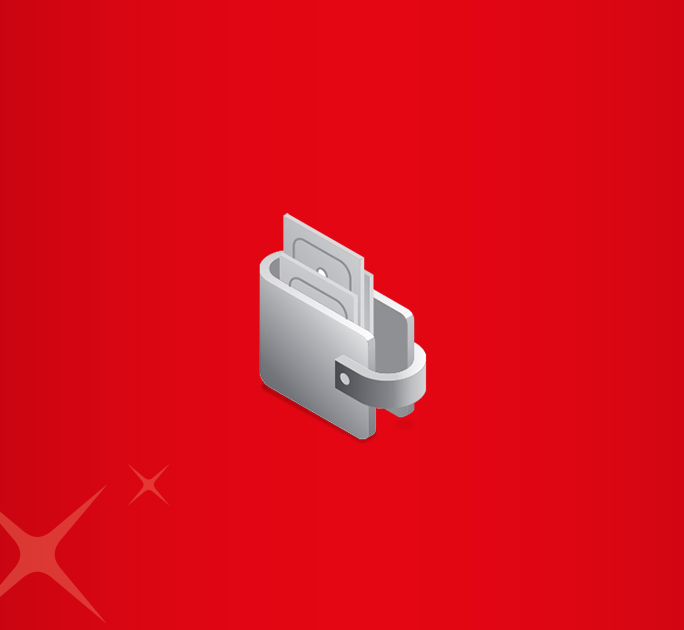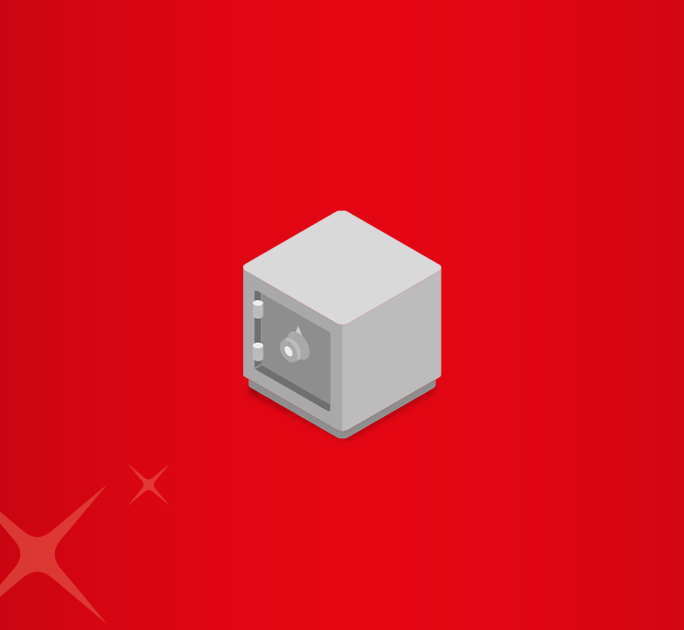- Save
- Invest
- Borrow
- Pay
- More
- NRI Banking
- Customer Services

What is the Cash Deposit Limit in Savings Account?
Find out how much money can be deposited in a Savings Account
Key Takeaways
- The Reserve Bank of India sets limits on cash deposits in Savings Accounts.
- You can deposit only INR 1 lakh cash in one shot in a Savings Account.
- Cash deposits in a Savings Account cannot exceed INR 10 Lakhs in a financial year.
- The RBI has set similar limits for Current Accounts, Fixed Deposits, and other banking transactions.
- Choose cashless transactions with DBS Bank's internet banking services and mobile application.
A Savings Account is undoubtedly the most basic and popular bank feature available. It is used to safely store your money while earning additional income through the interest offered. However, the Reserve Bank of India (RBI) sets specific limits on the funds you can deposit in a Savings Account. To learn more about the cash deposit limit in Savings Account, read on.
How much cash can be Deposited in Savings Account?
The rules that limit the cash deposit limit in a bank Savings Account are in place to benefit account holders and assist the Income Tax department. Per Central Board of Direct Taxes (CBDT), when you make cash deposits in a Savings Account, you are only permitted to do so up to the limit of INR 1 lakh. Deposits exceeding this amount may attract the attention of the tax authorities.
Similarly, it is essential to know how much money can be deposited in a Savings Account in a year. To adhere to the cash deposit limit in Savings Account and avoid the notice of the tax authorities, you can only deposit cash up to INR 10 lakhs per annum.
Furthermore, your bank can set similar rules for cash withdrawals from a Savings Account, which you can ascertain under the terms and conditions section of the Account opening form.
Why Do Banks Have a Cash Deposit Limit in Savings Account?
The main reason banks have cash deposit limit in saving account is to deter financial crimes including tax evasion and money laundering. Banks and tax authorities can preserve transparency and guarantee the integrity of the financial system by keeping an eye on significant cash transactions. These restrictions also aid banks in efficiently managing their cash reserves.
Rules for Cash Deposits in a Savings Account
Generally speaking, you can deposit up to a certain amount, for example INR 50,000, without providing your PAN card. However, exact restrictions may differ across banks. Giving your PAN card data is required for higher deposits. This is an important thing to note before you decide to open a savings account.
Rules for Large Deposits in a Savings Accounts
Tax officials frequently scrutinize large cash payments. If you deposit a sizeable sum that exceeds a certain threshold (usually Rs. 1 lakh or more), you may be asked to produce further proof of identity or offer an explanation of the source of funds. This is a component of the anti-money laundering policies of the government. There could be fines or inquiries for noncompliance.
Cash Deposit Limit in Saving Account as per Income Tax Act (2024)
There is a daily cash deposit cap of Rs. 1 lakh for savings accounts by the Income Tax Act,2024. Any deposits made beyond this cap must be reported to the tax authorities. Furthermore, cash deposits of at least Rs. 10 lakhs made throughout the course of a fiscal year must be disclosed.
Cash Withdrawal Limit
Savings account withdrawal restrictions are usually placed by banks in order to control cash flow and stop fraud. Depending on the bank, debit card, and account type, these limits change.
Cash Transaction Limit for Fixed Deposits
According to CBDT regulations, cash-based Fixed Deposits are also subject to a maximum ceiling. You can only make a cash deposit of up to INR 10 Lakh in a Fixed Deposit. You can create higher amount FDs via cheques and internet banking.
Other Cash Limits on Bank Deposit
Besides knowing the cash deposit limits in Savings Account, you should also know the maximum limits on other cash transactions. If you exceed these RBI-set limits, your bank may report you to the income tax authorities.
Credit Card Bill Payments
While making a credit card bill payment, you must adhere to the cash deposits limit of up to INR 1 lakh. To pay bills exceeding this amount, you can rely on other cashless methods of payment.
Real Estate Transactions
While making high-value cash transactions concerning real estate, stick to the limit of INR 30 lakhs. Cash transactions exceeding this amount could lead to you receiving an Income Tax notice.
To ensure that you abide by the rules set by the RBI and avoid attracting the attention of the tax authorities, try to conduct cashless or bank-to-bank transactions as much as possible.
Cash Deposit Limit on Current Accounts
Current Accounts are typically used for business transactions. As such, they are subject to comparatively higher deposit and withdrawal limits. You may receive an Income Tax notice for deposits aggregating to INR 50 lakhs in cash in a Current Account.
Open Savings Account
in 3 easy steps
Aadhar Card + PAN Card + Video KYC
= Account opened!
Final Note
Now that you know the cash deposit limits in bank Savings Accounts, make sure you abide by the RBI guidelines while handling cash transactions. DBS Bank offers several financial services and solutions designed to encourage cashless transactions. You can conveniently transfer funds and conduct cashless transactions through DBS Bank internet banking and mobile applications.
Frequently Asked Questions
-
How much money can I transfer from one account to another without raising suspicion in India?
Although there isn't a set restriction, making big moves frequently could draw notice. It is a good idea to keep documentation and to be ready to provide the source of funding for large payments.
-
How much cash deposit is tax-free?
There isn't a set tax-free amount for cash deposits at the moment. Large cash deposits, however, could draw attention from tax authorities. It's advised to keep appropriate records and to keep your deposits within acceptable bounds.
-
How much cash can we deposit in a bank without a PAN card?
You can normally deposit a small amount of cash without a PAN card, though exact limits may vary. It is required to provide PAN data for higher deposits. For seamless transactions, it is recommended that you link your bank account to your PAN card.
Download the DBS Bank app to get started.
*Disclaimer: This article is for information purposes only. We recommend you get in touch with your income tax advisor or CA for expert advice.















